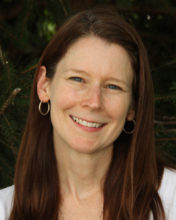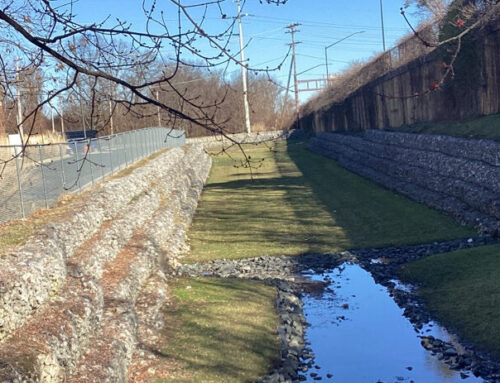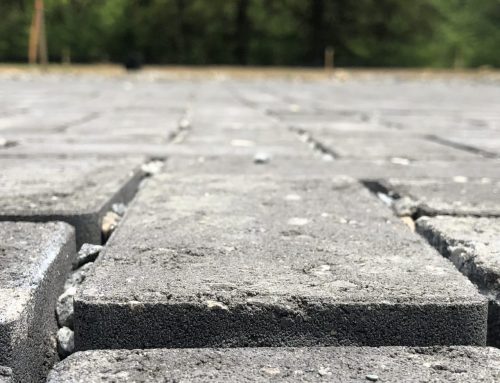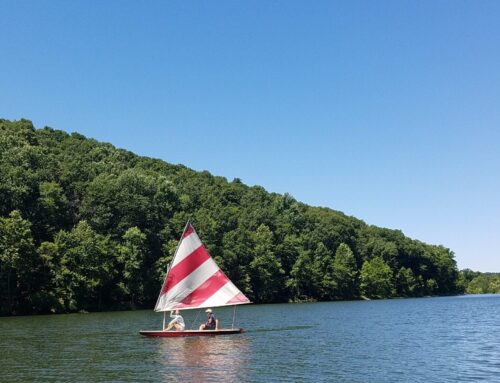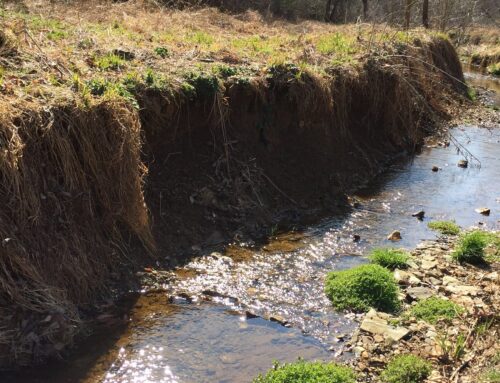The Center developed two guidance documents to help communities across the country bring more trees into their neighborhoods. The resources draw upon one of the Center’s unique areas of research: the use of trees for stormwater management. The work was funded by the USDA Forest Service. The resources, described below, were developed with input from experts in stormwater engineering, urban forestry and other relevant disciplines.
Accounting for Trees in Stormwater Models: This paper is intended to help the stormwater engineering community more easily account for trees in runoff and pollutant load calculations and incorporate them into stormwater management strategies. It summarizes existing hydrologic and hydraulic models that can be applied at the site and small watershed scales to account for the stormwater benefits of conserving existing trees and/or planting new trees. The paper also includes examples of specific techniques to modify stormwater models to account for urban tree benefits, as well as associated resources and tools for estimating the hydrologic benefits of trees in the urban landscape.
Making Your Community Forest-Friendly: A Worksheet for Review of Municipal Codes and Ordinances: (accessible, non-fillable PDF): This worksheet was designed to help communities review and revise their development regulations so future projects conserve and protect valuable trees and woodlands and encourage new plantings. It provides a set of questions to help determine whether existing local codes require, allow or prohibit “forest-friendly” development practices. The worksheet can be used by municipal staff, non-governmental organizations and others to identify specific approaches to improve the codes. The document also provides additional resources, ideas and guidance for developing a community forestry program. A fillable PDF version is also available here.
For questions on either resource, contact Karen Cappiella at kc@cwp.org.
Karen Cappiella
Karen is a former GIS guru whose areas of expertise include applied watershed research, watershed planning, producing guidance documents and articles on watershed and stormwater management, and proposal writing. In addition to managing the Research Program, she coordinates proposal submissions for the Center. Karen has been with the Center since 2000, and has a B.A. in Geography from Millersville University and an M.A. in Geography from East Carolina University. She lives in New Market, Maryland with her husband and daughters.


